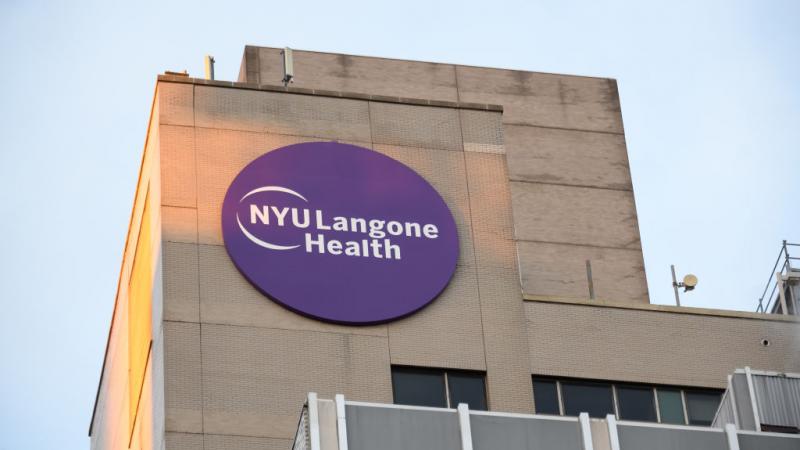Trust science? Fauci's admission he misled public puts scrutiny on Biden alliance
Fauci's "apparent willingness to mislead the public in support of his preferred policy objective should disqualify him from providing public policy advice in any official capacity," said Jay Bhattacharya, professor of medicine at Stanford University.
Joe Biden's decision to hold over Dr. Anthony Fauci in his administration as his chief medical advisor as a symbol of his commitment to "trust science" is coming under new scrutiny following Fauci's recent admission that he altered public scientific estimates based on opinion polls.
In a Christmas Eve interview with the New York Times, Fauci acknowledged he had offered a lower estimate of the level of herd immunity necessary to stop the COVID-19 pandemic because he thought Americans would be demoralized by his true thoughts on the issue.
Fauci recently raised his estimate on the herd immunity threshold "partly based on new science," the newspaper reported, "and partly on his gut feeling that the country is finally ready to hear what he really thinks."
Fauci had previously admitted that in the spring, during the early phase of the pandemic, he misled the public about the efficacy of face masks in limiting the spread of COVID-19.
Fauci's admission that he tailored his herd immunity threshold estimate to PR needs drew the ire of Jay Bhattacharya, professor of medicine at Stanford University. Bhattacharya is a co-author of the Great Barrington Declaration, which called for replacing "devastating" coronavirus lockdown policies with a new, less restrictive strategy.
"Dr. Fauci's apparent willingness to mislead the public in support of his preferred policy objective should disqualify him from providing public policy advice in any official capacity," Bhattacharya told Just the News on Monday. "Dr. Fauci's advice throughout the epidemic has ignored the science regarding the devastating physical and psychological harms of the lockdowns, to which he seems utterly blind. For a policy advisor, science should inform policy preference, not the other way around."
Dr. Harvey Risch, professor of epidemiology and public health at Yale University, said Monday that Fauci seems to have ignored the acquired immunity of the 20 million Americans who have tested positive for COVID-19, as well as the estimated 125 million Americans who have had the infection asymptomatically.
"I don't believe that Fauci has ever provided unvarnished, truthful advice," Risch told Just the News. "What he really meant is that 90% of the population needs to be immune for the pandemic to more-or-less go away completely. But this is not what he said."
"Also, you may notice that the WHO removed the fact that having the infection provides immunity," Risch continued, "now bizarrely stating that immunity only occurs from vaccination. You can guess why WHO (and Dr. Fauci) would manipulate public opinion against scientific knowledge."
Fauci's office at the National Institutes of Health did not respond to request for comment from Just the News.
With no vaccination, the pandemic "will be largely over by spring in the Upper Midwest and by summer in a large part of the U.S., with the states that have had the strongest lockdowns continuing their epidemics the longest, perhaps into the fall," Risch said. "Vaccination may help to make this earlier. The issue is mortality not case counts. Everyone is focused on case counts but that is wrong. Whether by natural immunity or vaccination, we need people to become immune, that is what ends the pandemic."
Fauci's New York Times interview drew a scathing rejoinder from Rep. Andy Biggs (R-Ariz.), who tweeted: "Almost everything Fauci has said this year has been exaggerated, misleading, and/or flat-out wrong. He is not to be trusted under any circumstances. Americans must reject his doctrine of destruction before his fantasies lead to the end of our freedoms."
















